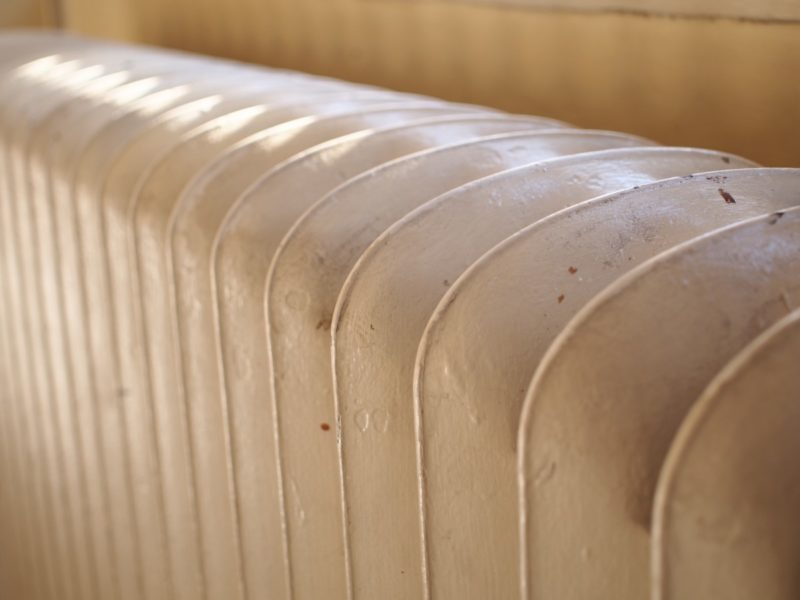Do you want to know what heater to buy? Don’t worry, and you have arrived at the right place. Take a moment before buying a heater to evaluate where you might use it and which type is ideal for the cold areas in the house.
If you still need to heat a room rapidly, radiant heaters seem to be the way to go. The convection heater on either side is the wiser option if you want to heat a whole part of the house.
Combo heaters are hard to overcome if you’re searching for a heater that can withstand daily usage and damage. Based on the scale of the rooms and the regularity with which they will be used, choose an alternative that best meets your house requirements. According to the manufacturer and heating intensity, most versions range in price from $50 to $300. Keep reading to discover more.
Factors To Consider To Know What Heater You Must Buy
There are various essential factors the buyer should think about, like, the space where you want to install your heater, the running cost, and the most important is the safety measures of your heater. Before buying the heater for your home, you should consider these factors, and you will quickly understand what heater to buy.
#1. Heater type
When purchasing a heater, the first thing to consider is the sort of heater you require. Although there are many different types of heaters, each electric heater comes into one of 3 groups: radiative, convective, or fan-forced. Radiant heaters give fast, localized heating in narrow spaces; fan-forced heaters utilize an internal fan to blow over a heat source; and micathermic heaters offer fast, broad heat while conserving space. You may also be interested to know about micathermic heater how does it work.
One best method to assure adequate performance is to choose the correct type of heater for a particular application. You also might want to think about getting a wall heater. Most kinds are merely bracketed on the wall, while others, such as QMark heaters, were sunken into the wall. These would be frequently used within hotels, restrooms, and small rooms. They’re silent and robust heating alternatives that Sylvane consumers enjoy. They’re often hard-wired into new facilities.
#2. Energy efficient
It was a great idea to evaluate effectiveness before picking a space heater if you’re worried about energy conservation and want to keep your heating bills low. Must choose a good, efficient energy space heater for the area and the dimensions of the space to keep the electric bills from rising. Special features including energy-saving settings, variable thermostats, low power, or adjustable timers also help reduce power consumption and cost-effective operation.
#3. The space you want get warm
The quantity of heat you would like a heater to provide is essential when buying one. The majority of heaters utilize roughly 700 and 1,600 watts per hour. The more watts it has, the more warmth it creates. Calculate the size of the room, then check the heater’s specs to be sure it can heat it properly and effectively.
#4. Operating cost
When utilizing heaters, how does heater power convert into utility bill expenses? The expense of operating your heater for several hours per week vs. using it as the primary heat source each day will fluctuate. When a heater consumes 1,200 watts per hr, it may determine how much it costs on your energy bill. Calculate the wattage with the area’s utility cost: If the electricity company costs 12 cents per kilowatt (kWh), operating the heater would expense you around 18 cents an hour.
#5. Safety measures
Before buying any heater, you must ensure the safety features of the heater. The heater’s safety feature is one of the essential factors which lowers the chances of any bad situation, like fire hazard or other damage. Portable heaters may quickly become fire dangers if not managed correctly. As a result, it’s critical to think about safety. Some producers outfit their heating systems with cool-to-the-touch substrates and other modern safety measures for procedures to protect to decrease the fire hazard considerably.
When a heater is inadvertently pushed over or turned over, it may include an inner switch that instantly cuts off the power. Many space heaters also come with overheat control, an important safety feature. That switch acts as a sensor, turning the heater off immediately if the parts reach a dangerous temperature.
#6. Buy a silent heater
As with most electronic goods, most compact heaters make some noise. Nevertheless, specific models create more extraordinary sounds than some others. For silent operation in quiet locations like a bedroom or workplace, choose non-fan-forced equipment like a baseboard heater or perhaps an oil-filled heater. Colt baseboard heaters, for example, are excellent at providing whole-room warmth with minimal noise. Radiant heating systems are ideal for use in bedrooms and workplaces since they are quiet.
It’s A Wrap!
We are happy to know that you have learned what heater to buy. Before you buy a heater, you should consider such factors and then choose a better option for your home. You may also want to read about what is the best type of heater for a room and how much electricity does a heater use. Thank you, friends, for reading this article.

